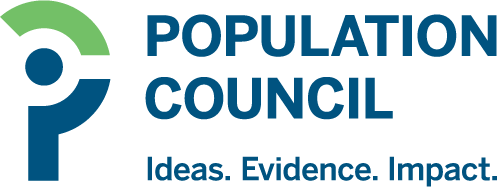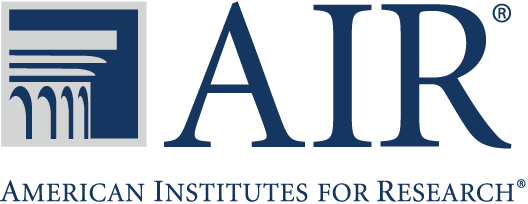Newsletter


SAVE THE DATE
28
August
2020
9 AM EDT | 2 PM BST
| 6:30 PM IST
Women’s Groups
and Health in
India: Policy
Implications of a
Recent
Systematic
Review
SPEAKERS:
- Sapna Desai, Population Council
- Audrey Prost, University College London [UCL]
In Discussion with:
- Rajani Ved, National Health Systems Resource Centre
- Vijayendra Rao, World Bank
- Purnima Menon, International Food Policy Research Institute
Moderated by:
- Ashwin Iyer, Bill and Melinda Gates Foundation
Hosted by: Evidence Consortium on Women's Groups [ECWG] | UCL Centre for the Health of Women, Children and Adolescents
New ECWG Scoping Review Protocol of Women’s Groups in Uganda
The ECWG has published a protocol for a scoping review that will examine the evidence base and evidence gaps on women’s groups in Uganda. Specifically, we will appraise the evidence base on the impact, cost-effectiveness, and implementation of women’s groups in Uganda to understand both the evidence that exists and the evidence gaps that remain. In addition, we aim to gather some preliminary evidence on the evidence base related to the pathways through which women’s groups can achieve their objectives

©Bill & Melinda Gates Foundation/Prashant Panjiar
Women’s Groups in a time of global pandemic
What About Adolescent Girls? Implementation Insights from a New Evidence Review on ‘Safe Space-Style’ Community-based Girls’ Groups
Read about the three clear lessons that emerge from the review of implementation details of Community-based Girls' Group (CBGG) programs.
Gender Gap Narrowing "Bank Sakhis" Take Crucial Government to Public (G2P) Support the Last Mile During Covid-19
Read about how, during, Covid-19, female banking agents are on the frontlines in India, providing a World Bank team with Covid-related, data driven insights. Cross posted from the CFI blog.
Self-help Groups: A Potential Pivot Of Bihar’s Response To Covid-19
Read about a survey that documents self-help group (SHG) leaders’ engagement in the community awareness and infection prevention activities and the extent of support they give to their members through different funds and loans for their livelihoods and income generation during this pandemic.
How self-help groups enable households to cope with climatic shocks
Read about the effects of monsoon intensity on credit access, food security, and seasonal migration of rural households in Jharkhand, and how self-help groups help households to cope.
Recent research on women’s groups
How effective are group-based livelihoods programmes in improving the lives of poor people?
This paper synthesises evidence on how group-based livelihoods’ programmes – which include financial, human or social capital interventions – can have an impact on a range of economic, human development and social cohesion outcomes.
Multidimensional predictors of common mental disorders among Indian mothers of 6- to 24-month-old children living in disadvantaged rural villages with women’s self-help groups: A cross-sectional analysis
This study looks at determinants of Common mental disorders and how factors across multiple life dimensions, modeled together, are differentially related to maternal mental health in high poverty contexts where self-help groups exist.
Impacts of linking savings group to formal financial service providers and strengthening their internal group insurance mechanism in Zambia
This report investigates the interventions aimed at improving the effectiveness and sustainability of community-based financial institutions or saving groups and their inclusion in the formal financial system in Zambia.
Assessment of Women Self- Help Groups and Women Smallholder Farmers in Odisha
This report is an assessment of women’s self-help groups (WSHGs) in an attempt to better define the needs and challenges of WSHGs and provide recommendations to mitigate them. The assessment aims to provide a comprehensive profile of WSHGs in Odisha, their current linkages with markets and procurement systems and the gaps or hurdles faced by them.

©Gates Archive/Mansi Midha
Globally, due to the COVID-19 pandemic, in-person events are discouraged and are currently on hold. During this period, we will share information on online events.
Featured Events:
Building Financial Resilience and Sustainable Banking Models through Savings
Online Webinar
August 11, 2020 - 9 am - 10:00 am (EDT)
Focusing on the needs of customers remains a challenge in Africa, according to the recent Savings and Retail Banking in Africa report published by the Scale2Save Programme this February. A partnership between WSBI and Mastercard Foundation, Scale2Save finds that WSBI member banks offer a variety of accounts as part of their drive to attract and satisfy customers. But the report also notes that their product and service mix still falls short of customer needs. The webinar will present key insights from the report and will discuss major challenges to encourage savings for low-income customers following the four pillars of financial inclusion: usability, affordability accessibility and sustainability.


